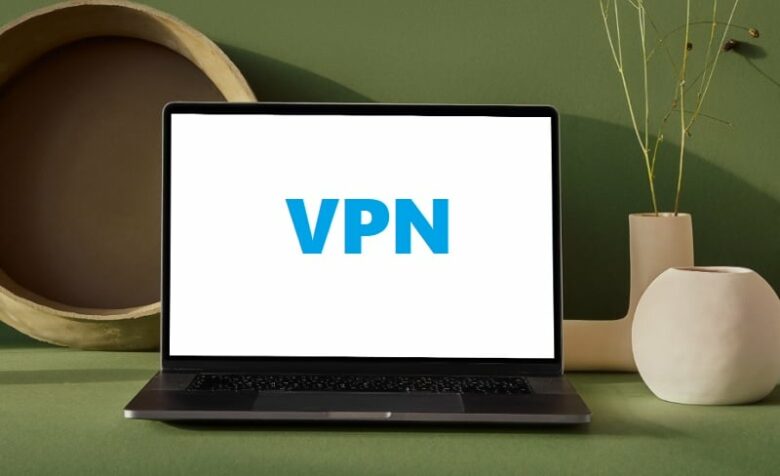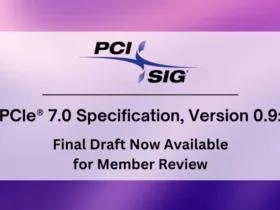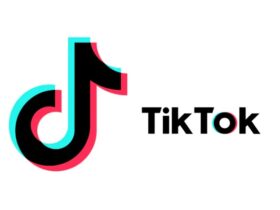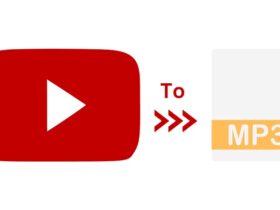Yes, a VPN (Virtual Private Network) is worth paying for in many cases. A VPN provides several benefits that can greatly enhance your online experience and security.
- Privacy Protection: A VPN encrypts your internet traffic and masks your IP address, making it difficult for anyone to track your online activities. This is particularly important if you frequently use public Wi-Fi networks, as it protects your data from being intercepted by malicious actors.
- Enhanced Security: VPNs add an extra layer of security to your online connections. By routing your internet traffic through encrypted tunnels, they protect your sensitive information from being accessed by hackers or cybercriminals. This is crucial when transmitting personal or financial data, such as when making online payments or accessing sensitive work-related information.
- Access to Restricted Content: With a VPN, you can bypass geographic restrictions and access content that may be blocked or censored in your region. By connecting to a server in a different country, you can appear as if you’re browsing from that location, enabling you to access region-specific streaming services, websites, or online services.
- Avoidance of Bandwidth Throttling: Internet service providers (ISPs) sometimes throttle or limit the speed of certain types of internet traffic, such as video streaming or torrenting. By using a VPN, your internet traffic is encrypted and concealed, making it harder for your ISP to monitor and throttle your connection. This can result in faster and more consistent internet speeds.
- Anonymity: By masking your IP address and encrypting your internet traffic, a VPN allows you to maintain a certain level of anonymity online. This can be particularly important for journalists, activists, or individuals living in countries with strict internet censorship and surveillance.
While there are free VPN services available, they often come with limitations such as restricted data usage, slower speeds, or limited server options. Paid VPN services usually offer better performance, more server locations, and additional features like dedicated IP addresses or ad-blocking. Ultimately, the decision of whether to pay for a VPN depends on your specific needs and priorities when it comes to privacy, security, and online access.
What is VPN?
A VPN, or Virtual Private Network, is a technology that allows you to create a secure and private connection over a public network, such as the internet. It establishes an encrypted tunnel between your device and a remote server operated by the VPN provider. When you connect to the internet through a VPN, your data is encrypted and routed through this tunnel, ensuring that your online activities and sensitive information are protected from prying eyes.
Here’s a simplified explanation of how a VPN works:
- Encryption: When you use a VPN, your data is encrypted before it leaves your device. This means that any information you send or receive, such as website requests, emails, or file transfers, is scrambled and unreadable to anyone who intercepts it.
- IP Address Masking: Your IP address is a unique identifier that reveals your location and can be used to track your online activities. With a VPN, your real IP address is replaced with the IP address of the VPN server you’re connected to. This masks your true location and makes it appear as if you’re browsing from a different location.
- Tunneling: The encrypted data from your device is encapsulated within a secure tunnel that is established between your device and the VPN server. This tunnel protects your data from being accessed or tampered with by unauthorized individuals, including hackers, ISPs (Internet Service Providers), or government agencies.
- Remote Server Access: When you connect to a VPN, you can choose a server location from a list provided by the VPN service. By connecting to a server in a specific country, you can make it appear as if you’re browsing from that location. This allows you to bypass geo-restrictions and access content or services that may be blocked in your region.
By using a VPN, you can ensure your online activities are private, secure, and protected from eavesdropping, censorship, or data theft. It is especially useful when using public Wi-Fi networks, as it safeguards your data from potential risks associated with unsecured connections.
What are some of the top VPN service providers?
Here are some of the top 10 VPN service providers.
- ExpressVPN
- NordVPN
- CyberGhost
- Surfshark
- Private Internet Access (PIA)
- VyprVPN
- Hotspot Shield
- IPVanish
- TunnelBear
- Windscribe
These providers offer a combination of strong encryption, a wide range of server locations, reliable performance, user-friendly interfaces, and robust privacy policies. However, it’s important to consider factors such as your specific needs, budget, and any additional features or functionalities that may be important to you when selecting a VPN service.














Leave a Reply